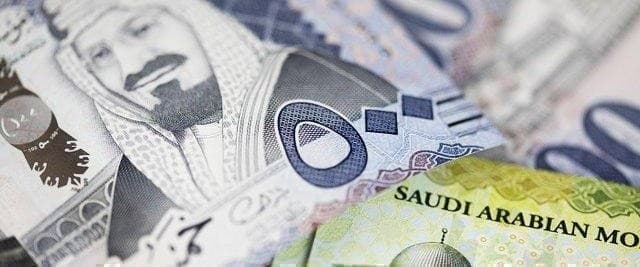Gulf economies will experience a combined contraction of 7.6 percent this year because of the oil price crash, a senior IMF official has forecast.
This is a sharp downward revision from an earlier forecast by the international lender, which saw the Gulf economies—the six states that make up the Gulf Cooperation Council—experiencing negative growth of 2.7 percent. The previous forecast was released in April.
“The oil sector will shrink sharply by around 7.0 percent and it will be accompanied by a drop in the non-oil sector also,” said Jihad Azour, director of the Middle East and Central Asia department of the International Monetary Fund said at a webinar this week.
In June, the IMF had warned Saudi Arabia’s economy, which is the biggest in the region, would suffer a 6.8-percent contraction this year. This was a substantial downward revision on an April forecast that saw the largest economy in the Gulf shrink by 2.3 percent in 2020.
According to Azour, oil revenues in the Gulf countries will shrink by as much as $200 billion this year as a result of unfavorable price developments.
The latest growth revisions reflect the continued overreliance of Gulf economies on oil revenues despite efforts to diversify away from the commodity after the last oil market downturn in 2014-2016.
In fact, even before the crisis began, the IMF said—in February this year—that low oil revenues could result in Gulf economies seeing their financial wealth vanish in 15 years.
“At the current fiscal stance, the region’s existing financial wealth could be depleted in the next 15 years,” the IMF said at the time, adding, “All GCC countries have recognized the lasting nature of their challenge ... However, the expected speed and size of these consolidations in most countries may not be sufficient to stabilize their wealth.”
By Charles Kennedy for Oilprice.com
More Top Reads From Oilprice.com:
- Saudi Arabia And Kuwait Restart Production At Huge Shared Oil Field
- Exxon Is Big Oil’s Outlier In The Post-Pandemic World
- Goldman Sachs: Prepare For A Global Consolidation Of Refineries



















Without extensive diversification of their economies, they will continue to be vulnerable to price volatility and low oil prices. Therefore, it isn’t surprising that the International Monetary Fund (IMF) expects their economies to shrink by 7.6% this year. Their oil revenues could be projected to shrink by $300 bn and not $200 bn as the IMF is forecasting.
The GCC countries lost an estimated $265 bn in oil revenues between 2014 & 2016 when the oil price was $60 a barrel. With prices collapsing to almost $30, one would expect their loss of revenue to be closer to $300 bn.
Saudi Arabia will be the biggest loser by virtue of being the largest economy in the Gulf region with its economy shrinking by 6.8% this year.
Without the influx of billions of dollars of oil money, multi-billion projects that are deemed vital for Vision 2030 for the diversification of the Saudi economy will be delayed or even shelved indefinitely. Moreover, the economy will not be able to create more than 6 million jobs needed to employ Saudi Arabia's youth.
Dr Mamdouh G Salameh
International Oil Economist
Visiting Professor of Energy Economics at ESCP Europe Business School, London